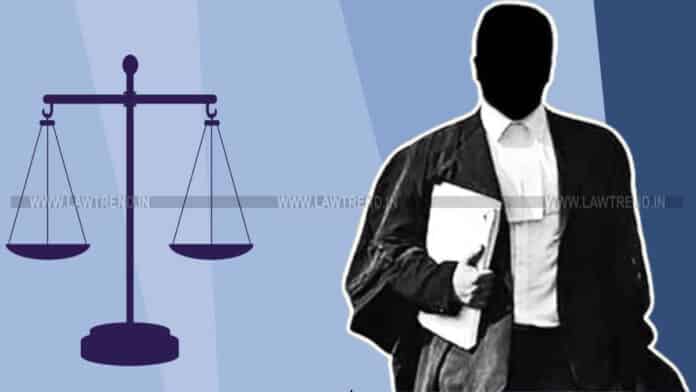Yes, the advocate can be the member of multiple bar association subject to the conditions mentioned below;
DISTINGUISH BETWEEN:
BAR COUNCIL OF INDIA:
The Bar Council of India is a statutory body established under the section 4 of Advocates Act 1961 that regulates the legal practice and legal education in India. Its members are elected from amongst the lawyers in India and as such represents the Indian bar.
STATE BAR COUNCIL:
The State Bar Councils are statutory bodies established under the Advocates Act, 1961 which act as the representatives of the advocates of the respective states and also act as the regulatory body for the legal profession and education.
BAR ASSOCIATION:
Bar associations are organizations of advocates working in particular courts and work for the welfare of their registered members.
It is important to note that after introduction of COP (Certificate of Practice) an Advocate can cast vote in bar association only)
Relevant Provisions
According to Section 17 of THE ADVOCATES ACT, 1961
17. State Bar Councils to maintain roll of advocates.—
(1) Every State Bar Council shall prepare and maintain a roll of advocates in which shall be entered the names and addresses of—
(a) all persons who were entered as advocates on the roll of any High Court under the Indian Bar Councils Act, 1926 (38 of 1926), immediately before the appointed day 1[including persons, being citizens of India, who before the 15th day of August, 1947, were enrolled as advocates under the said Act in any area which before the said date was comprised within India as defined in the Government of India Act, 1935, and who at any time] express an intention in the prescribed manner to practise within the jurisdiction of the Bar Council;
(b) all other persons who are admitted to be advocates on the roll of the State Bar Council under this Act on or after the appointed day.
(2) Each such roll of advocates shall consist of two parts, the first part containing the names of senior advocates and the second part, the names of other advocates.
(3) Entries in each part of the roll of advocates prepared and maintained by a State Bar Council under this section shall be in the order of seniority, 2[and, subject to any rule that may be made by the Bar Council of India in this behalf, such seniority shall be determined] as follows:—
(a) the seniority of an advocate referred to in clause (a) sub-section (1) shall be determined in accordance with his date of enrolment under the Indian Bar Councils Act, 1926 (38 of 1926);
(b) the seniority of any person who was a senior advocate of the Supreme Court immediately before the appointed day shall, for the purposes of the first part of the State roll, be determined in accordance with such principles as the Bar Council of India may specify;
3[*] (d) the seniority of any other person who, on or after the appointed day, is enrolled as a senior advocate or is admitted as an advocate shall be determined by the date of such enrolment or admission, as the case may be;
4[(e) notwithstanding anything contained in clause (a), the seniority of an attorney enrolled [whether before or after the commencement of the Advocate (Amendment) Act, 1980] as an advocate shall be determined in accordance with the date of his enrolment as an attorney.]
(4) No person shall be enrolled as an advocate on the roll of more than one State Bar Council.
That in the Section 17 Sub Section 4 of The Advocates Act, 1961 it is clearly mentioned that “No person shall be enrolled as an advocate on the roll of more than one State Bar Council”. Hence, the advocate can be the member of multiple bar association;
Example: Delhi has seven (07) district courts
i.e. Tis Hazari Court, Patiala House Court, Rouse Avenue Court, Karkardooma Court, Dwarka Court, Rohini Court, Saket Court and also have Hon’ble High Court of Delhi & Hon’ble Supreme Court.
Any advocate, who has enrolled with Bar Council of Delhi (BCD) can be the member of all the above mentioned courts.
Article By
ADVOCATE Prem Joshi
Founder, Joshi Law Associates (JLA)
Practice in Delhi High Court & District Courts




